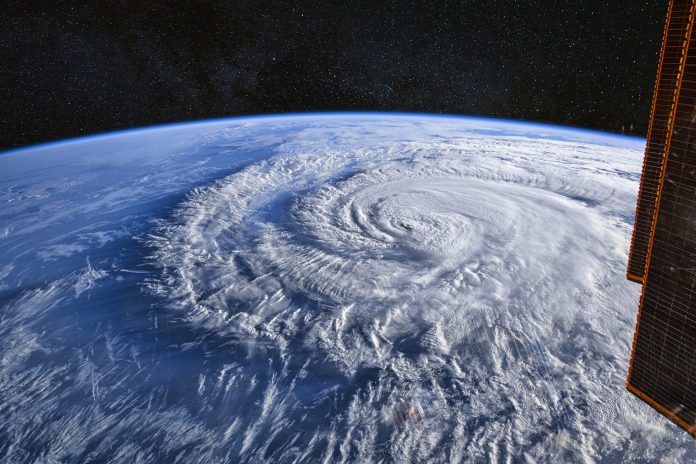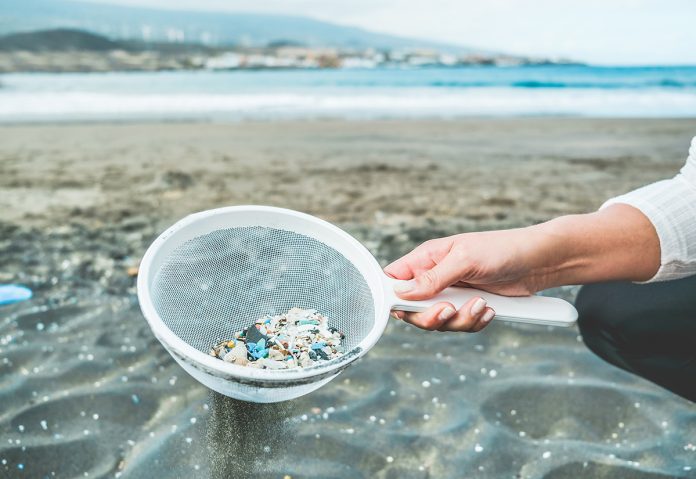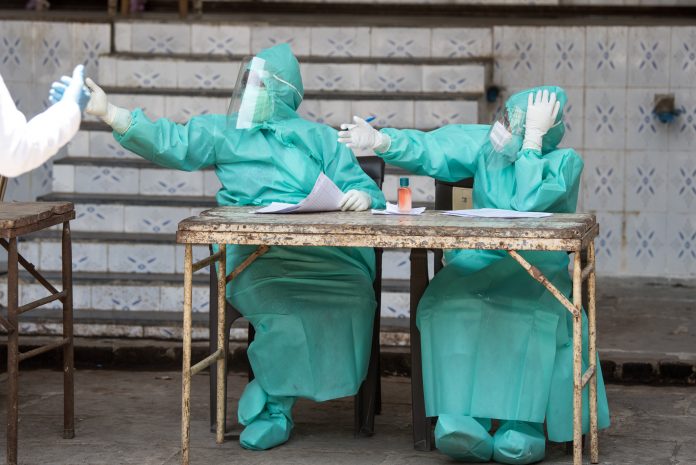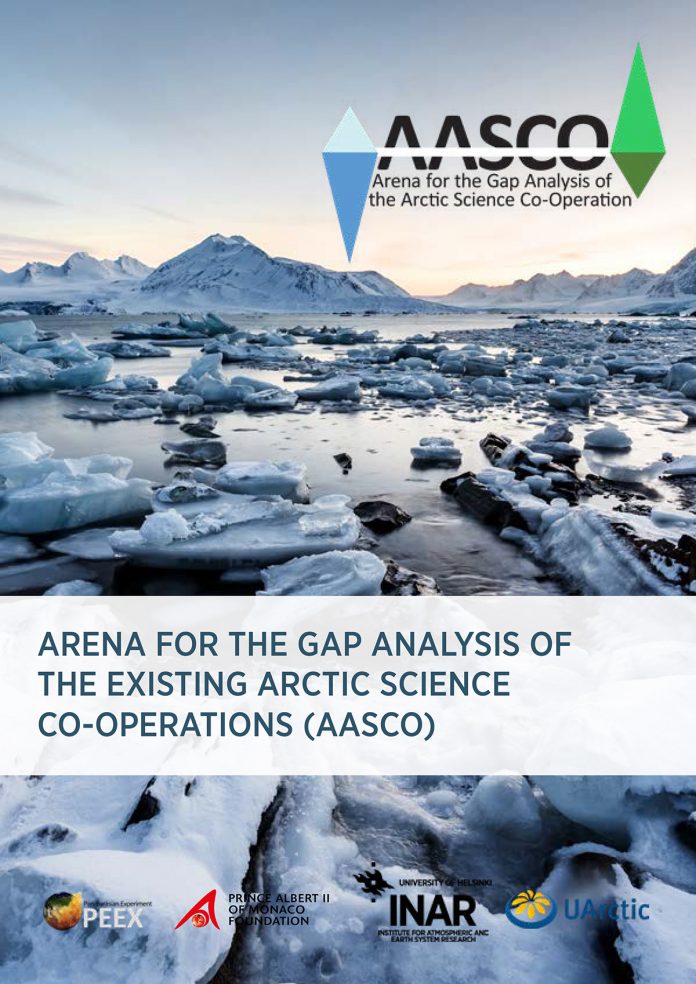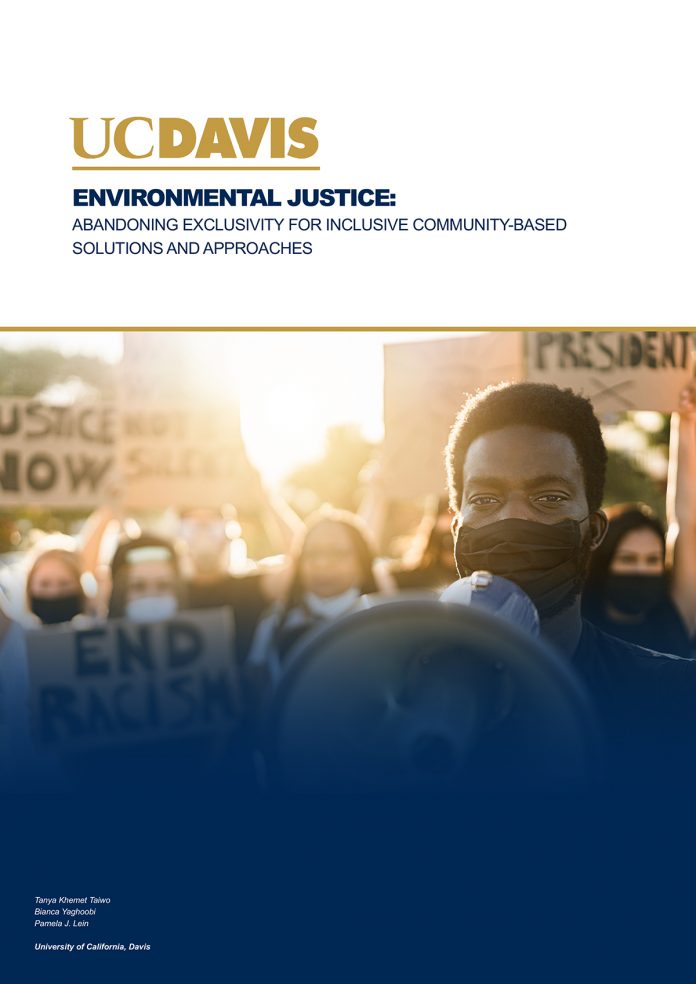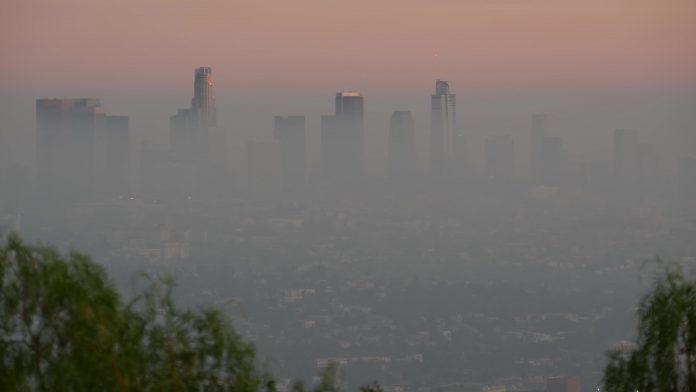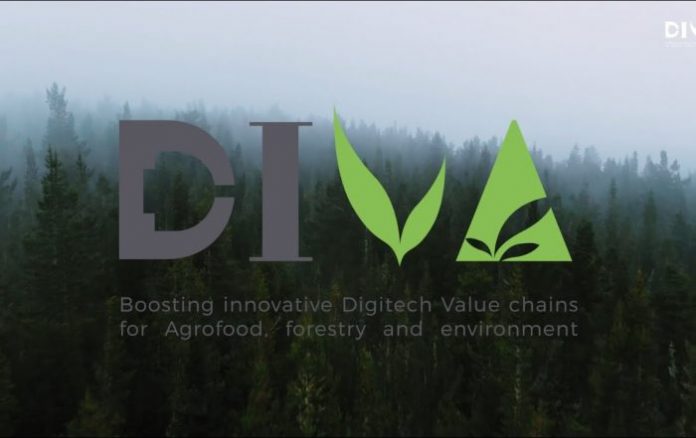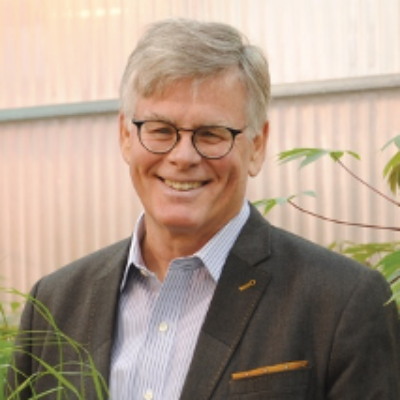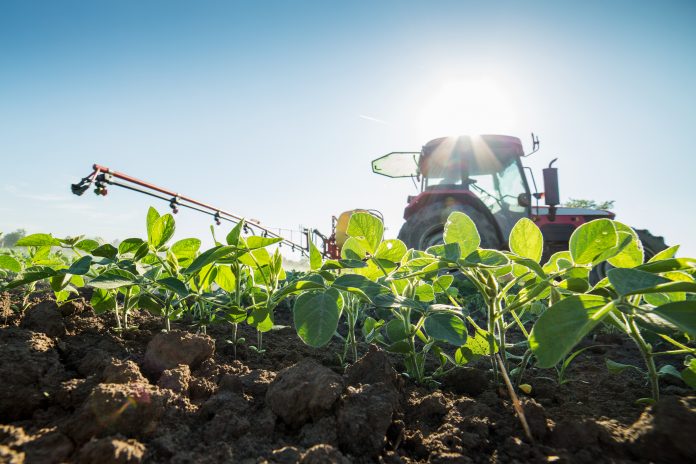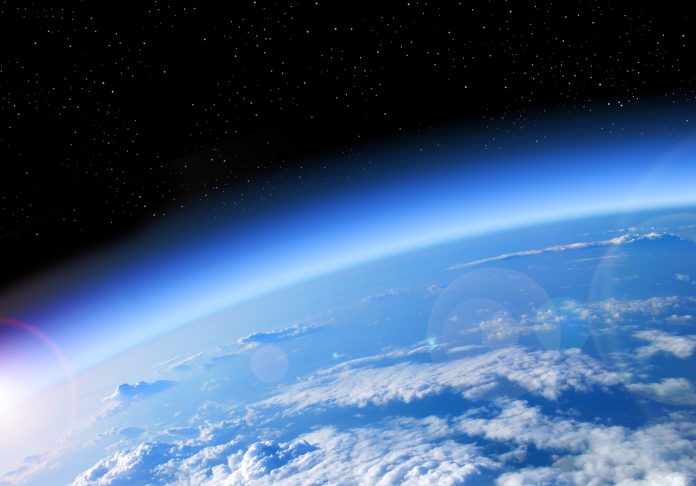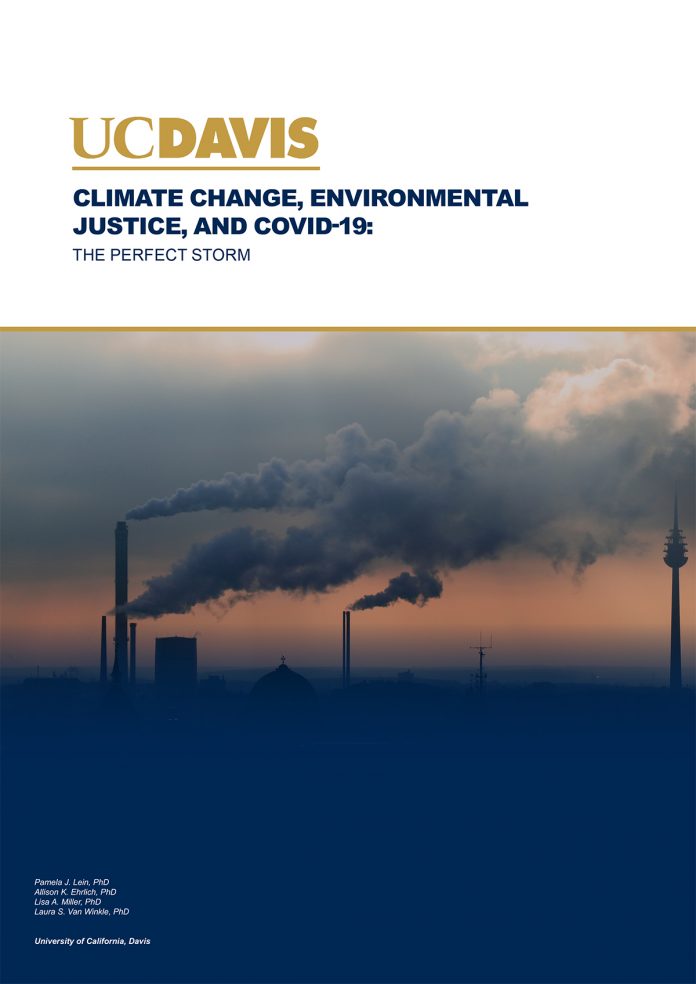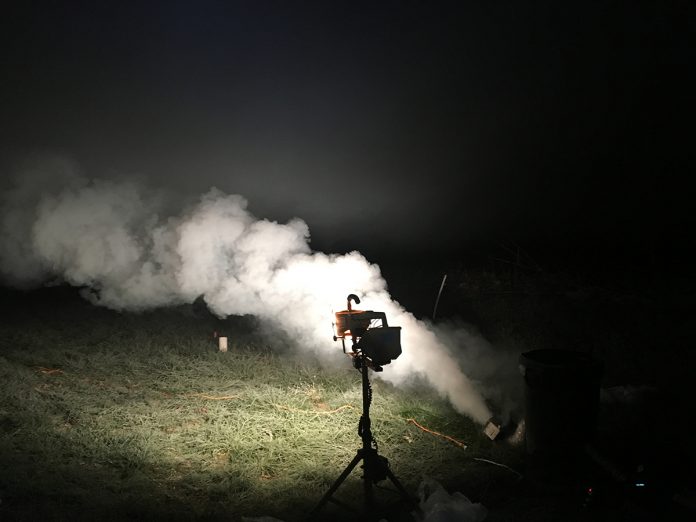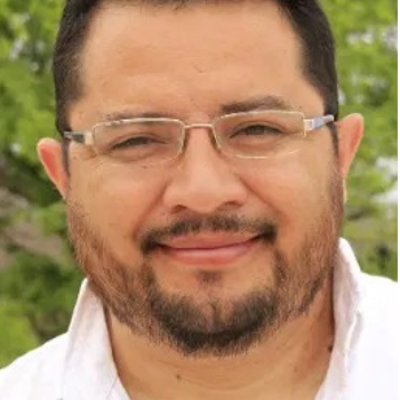Open Access Government produces compelling and informative news, publications, eBooks, and academic research articles for the public and private sector looking at health, diseases & conditions, workplace, research & innovation, digital transformation, government policy, environment, agriculture, energy, transport and more.
Home Search
Environmental Science - search results
If you're not happy with the results, please do another search
Do environmental extremes affect voting patterns?
According to IIASA research, personal experiences of extreme weather have a lot to do with political voting patterns
Oestrogen signalling, environmental chemicals & links with breast cancer
Members of the Breast Cancer & Environment Research Program walk us through what we need to know about oestrogen signalling, including environmental chemicals & links with breast cancer.
Nurdles: Tiny building blocks of consumer plastics & a growing environmental health threat
Pamela Lein, University of California, Davis, explains nurdles - tiny building blocks of consumer plastics & growing environmental threat
Glycoscience: One of the key enablers for the bioeconomy
Aarthi JanakiRaman, Research Director, Chemicals and Advanced Materials at TechVision, argues that glycoscience is one of the key enablers for bioeconomy.
The COVID insight of Molecular and Cellular Biosciences
We reflect on the work of the Molecular and Cellular Biosciences division (MCB), especially in context of the “complex biological web” of a global pandemic.
Atmospheric and Geospace Sciences in the U.S.
A look at the work of the Atmospheric and Geospace Sciences Division of the United States National Science Foundation (NSF).
Arena for the gap analysis of the existing arctic science co-operations (AASCO)
Here, The Institute for Atmospheric and Earth System Research (INAR) discuss the Arena for the gap analysis of the existing arctic science co-operations (AASCO).
Environmental Justice: Abandoning exclusivity for inclusive community-based solutions and approaches
Here, Tanya Khemet Taiwo, Bianca Yaghoobi, and Pamela J. Lein at University of California, Davis, discuss how to decolonise environmental justice.
Why shellfish has a low environmental impact
Barry Crackett, Product Designer at Brushtec, takes us through a few of the ways shellfish can lower your carbon footprint.
Water citizen science focus
A team from Missouri University of Science and Technology, focus on water citizen science, including comment on monitoring water quality with affordable, open-source sensors & generating shared knowledge in social media.
The U.S. Environmental Protection Agency: Protecting the air we breathe
In an interview with Open Access Government, the U.S. Environmental Protection Agency’s Tim Carroll offers a fascinating insight into the current and future state of U.S. air quality.
Environmental impact of HFO refrigerants & alternatives for the future
Michael Kauffeld – a refrigeration technology expert & Mihaela Dudita - a chemist - assess the environmental impact of HFO refrigerants & present environmental benign alternatives for the future.
DIVA Project: Digitalization of agri-food, forestry and environmental sectors
Here we learn all about the DIVA Project’s contribution to the digitalization of agri-food, forestry and environmental sectors
How do environmental factors affect foetal development?
Associate Professor Ken Tachibana, discloses how prenatal ambient fine particle exposure disrupts DNA methylation and subsequent gene expression in the foetal development stage.
Donald J. MacKenzie – Donald Danforth Plant Science Center
Dr. Donald MacKenzie is the Executive Director of the Institute for International Crop Improvement (IICI) at the Donald Danforth Plant Science Center
He manages the IICI’s programs and partnerships dedicated to delivering precision genetics technologies to meet the most significant food and nutritional security challenges faced by smallholder farmers everywhere....
Tackling the impacts of pesticides on human, animal and environmental health
Jane Mills, University of Gloucestershire, tells us about the SPRINT project’s aim to tackle the impacts of pesticides on human, animal and environmental health.
ACTRIS: Atmospheric observations for excellence in Earth science
Giulia Saponaro, ACTRIS Communication Officer, charts atmospheric observations to achieve excellence in Earth science.
Climate change, environmental justice and COVID-19
Here, Professor Pamela Lein at University of California, Davis, explains the 'perfect storm' unfolding in the intersection of climate change, environmental justice and COVID-19.
Atmospheric science: Air pollution at night
April Hiscox, Associate Professor at The University of South Carolina Department of Geography, details what we need to know about air pollution at night in this special atmospheric science focus.
Carlos F. Mena – USFQ Institute of Geography, UNC-USFQ Galapagos Science Center
Dr Mena is a Professor of Geography, School of Life & Environmental Sciences; Director, Institute of Geography, Universidad San Francisco de Quito; and Co-Director of the UNC-USFQ Galapagos Science Center, Galapagos Archipelago of Ecuador.

